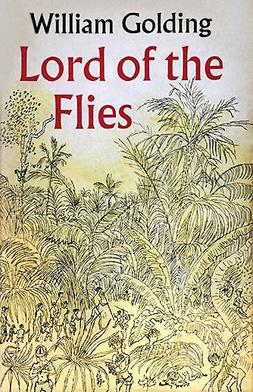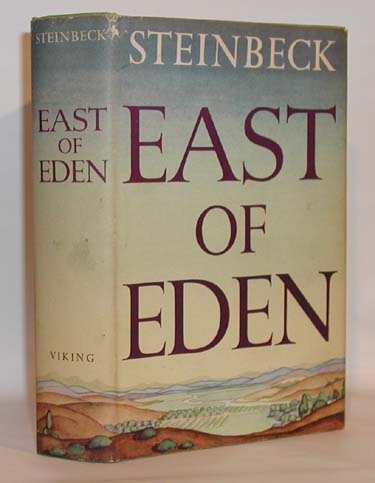Most bookish people, myself included, accumulate books more than collect them. That is, we acquire those books we most want to read or, at least, most want to have on our shelves. There's not much rhyme or reason behind our libraries. This can be true even of those who spend large sums of money for relatively rare books. If they love To Kill a Mockingbird, they may be willing to spend a great deal to have a first edition of that novel. On their next visit to an antiquarian book store they may pick up a copy of Lord of the Flies because they liked that book in their youth and it happens to be available.
True collectors are those with specific objectives to their collections. They want to own the complete works of William Faulkner, say, or the first editions of Sue Grafton from A to Z. In Used and Rare, Lawrence and Nancy Goldstone's memoir about their introduction to the rare book world, they describe themselves as the first type of book buyers, not the second. They bought nice copies of those books they had particularly enjoyed.
Yet in their book they do discuss the specialists, the other kind of buyers of rare books. Or rather they listen as a Boston bookseller explains to them not just why specialists are good for antiquarian book dealers (they are willing to pay high prices for the books they need to fill out their collections), but why they are good for literature itself. Or why they were good for literature, because specialists are not as common as they once were.
"Collectors used to concentrate on one particular author or period or binder ... it became almost scholarly," Peter Stern told them. "The collections had historic value. A private collection, even more than a university library, would be the source for serious research."
Stern went on to say, "They'll collect a specific author's papers, letters, secondary sources, like what people wrote about them, other authors who influenced them, the sources of a person's work. For example, with Steinbeck, the way his upbringing affected books like, say, East of Eden. If we don't get people doing this kind of thing, bibliography will become a lost art."
I confess this had never occurred to me, that book collectors were actually furthering literary study. Yet it makes sense. A devout Billy Joel fan, for example, will want to collect not just every Joel album in every format, but also concert posters, photographs, letters, books and magazine articles about their favorite singer. Their collection might prove useful to anyone wanting to write a biography of Billy Joel.
In the same way, the collection of a reader devoted to a certain writer, especially one who has not already been widely studied, could conceivably be invaluable to a future scholar.


No comments:
Post a Comment